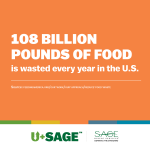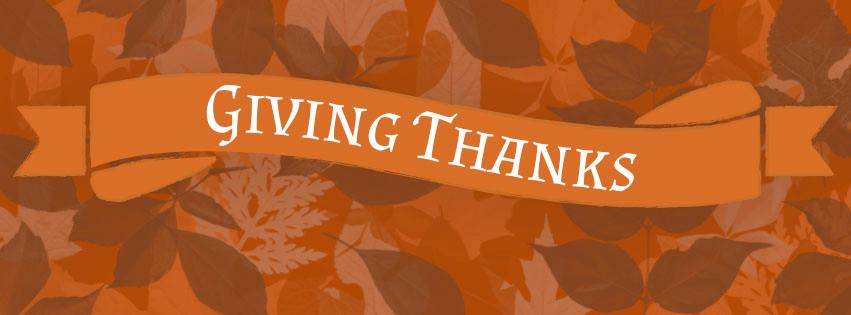What's so special about Thanksgiving? Why do we love it so much? Is it for family? For the feast? While these things contribute to the holiday spirit, Thanksgiving's popularity might actually be caused by a simple emotion – gratitude.
This quintessentially American holiday reminds us to give thanks for all the good people and things in our lives. As it turns out, being grateful makes us feel happier. In fact, according to the Harvard Mental Health Letter, “expressing thanks may be one of the simplest ways to feel better.”
Take a moment to say, “I'm grateful for this moment.” How do you feel?
Psychology research shows that people who feel more grateful experience improved mental and physical well-being. Gratitude can strengthen relationships and promote patience and self-control. Recognizing the people and experiences that bring us happiness creates positive energy.
Children who feel grateful receive benefits as well. Gratitude's association with stronger social relationships may empower teens and offer them a sense of stability. In a study published in the Journal of Psychological Assessment, children ages ten to nineteen who practiced gratitude experienced more life satisfaction.
Despite these benefits, many find it difficult to be grateful on a regular basis. “It requires you to recognize your dependence on others,” says Robert Emmons, a leading scientific expert on gratitude. Forgetfulness and lack of awareness often interfere with actively choosing to be grateful.
Consider these ideas to help incorporate gratitude into your daily mindset:
- Set an hourly reminder on your phone to be grateful. The practice may turn into habit. - See challenges as opportunities for learning and growth. - Keep a gratitude journal and write in it at least once a week. Go back and read your entries regularly. - Find the good in everyone you meet. - Take a “no complaining” oath for at least 3 days. When you find yourself wanting to complain, choose something nice to say instead.








